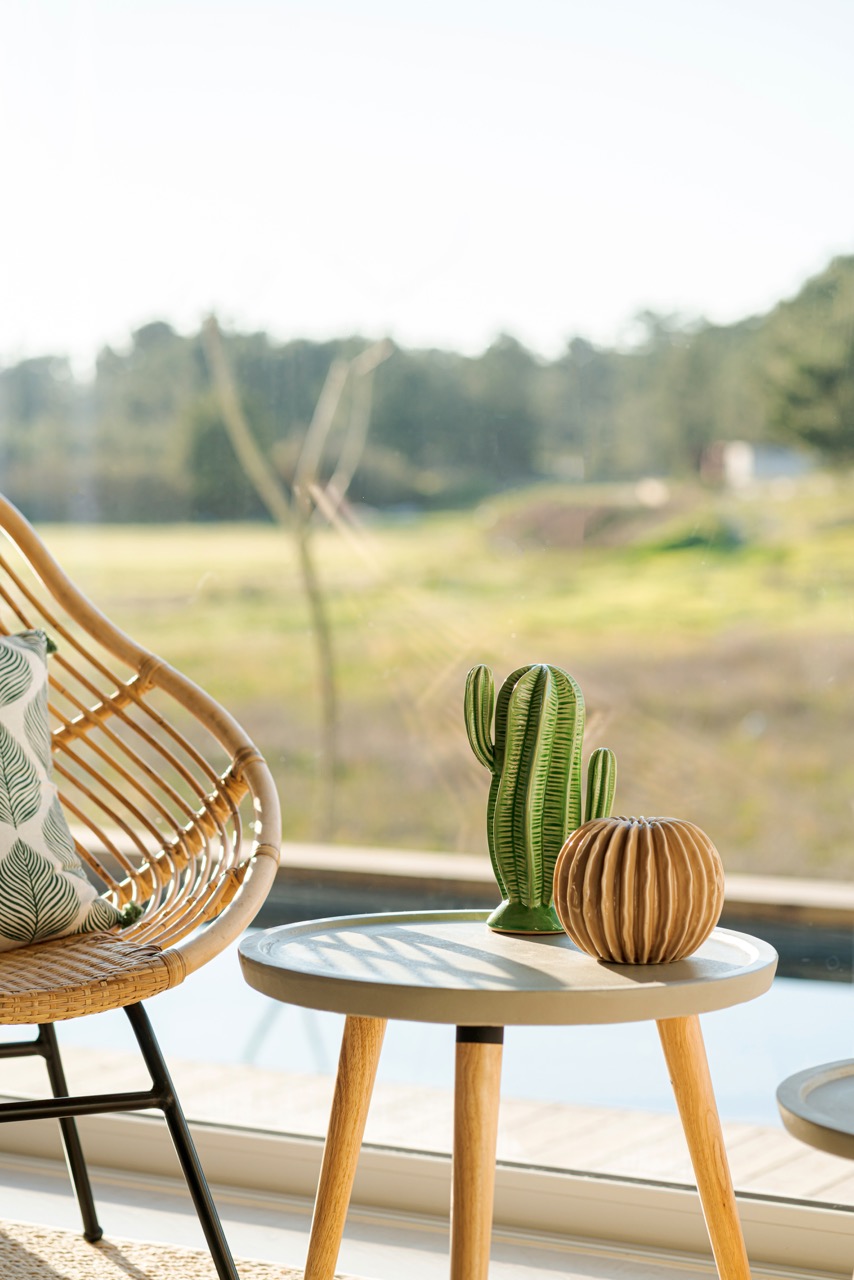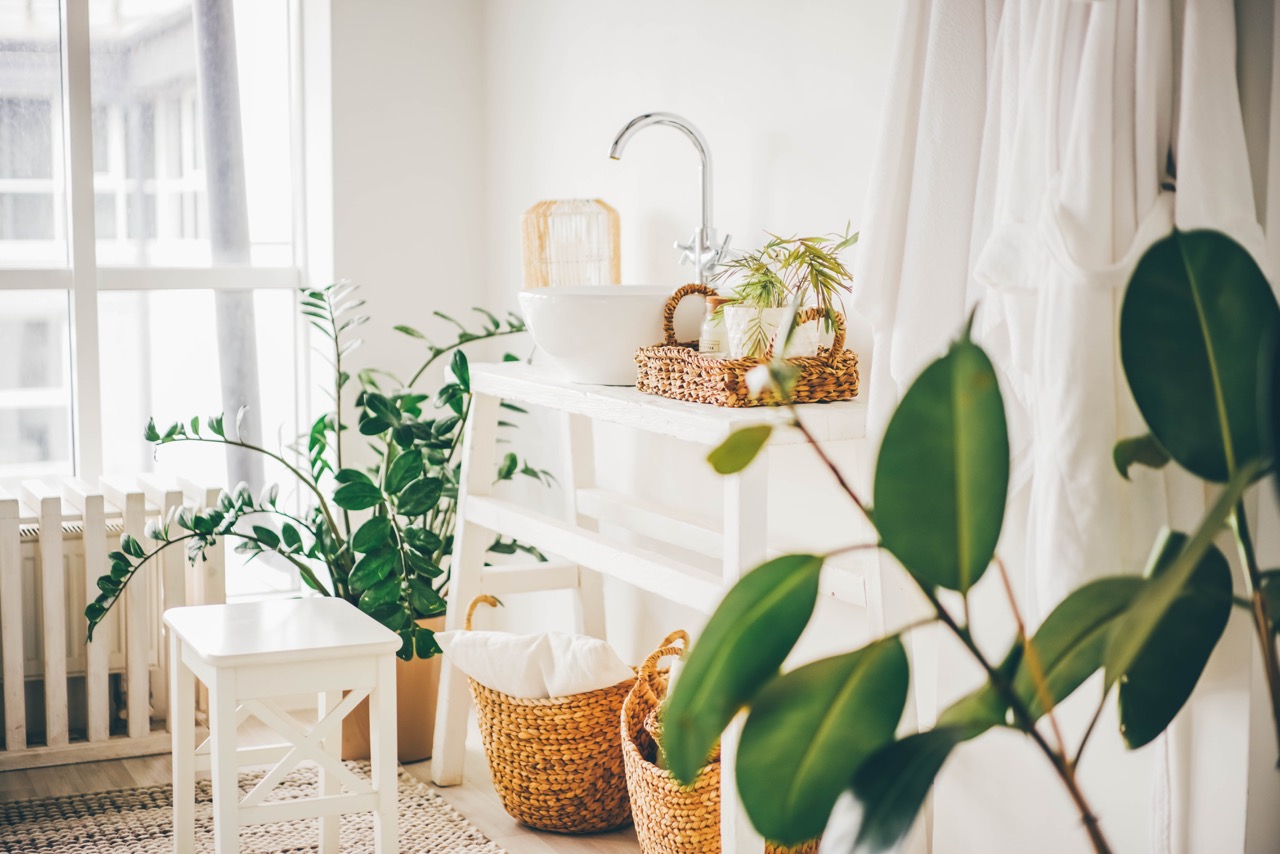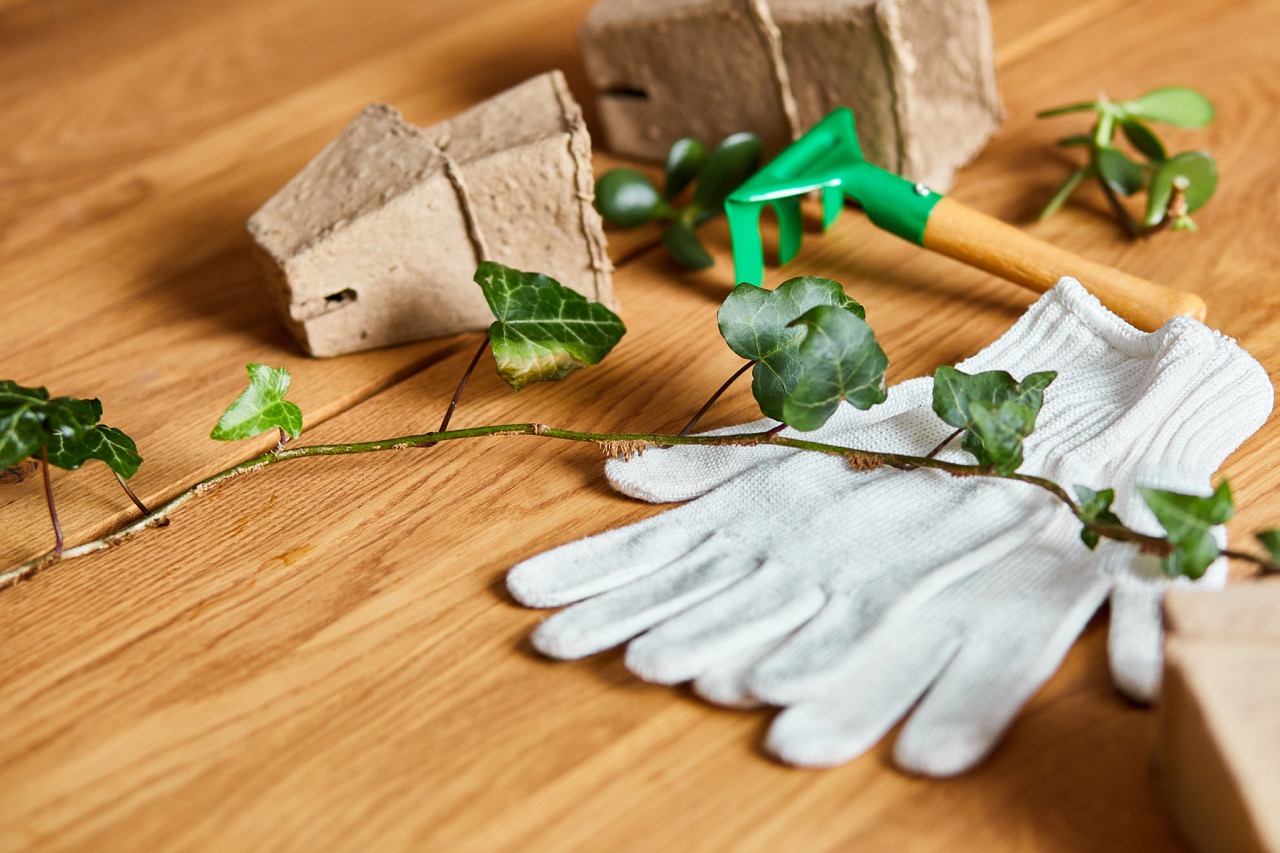
Reducing Waste at Home
In a world where environmental consciousness is on the rise, adopting a zero waste lifestyle at home is more than just a trend—it's a powerful commitment to sustainable living.
For homeowners in Australia, this journey not only helps preserve our beautiful country but also instils habits that can contribute to a healthier planet.
Understanding Zero Waste
Before diving into actionable steps, it’s essential to understand what zero waste truly means. At its core, zero waste encourages the redesign of resource life cycles so that all products are reused. The goal is to send no trash to landfills or incinerators. This concept challenges us to minimise waste by rethinking our consumption patterns and making more sustainable choices.
The Importance of Reducing Waste
Reducing waste has several benefits:
- Environmental Impact: Less waste means fewer pollutants and reduced greenhouse gas emissions, helping combat climate change.
- Economic Benefits: Efficient use of resources saves money in the long run.
- Healthier Living: A cleaner environment leads to improved health and well-being.


Practical Steps to Reduce Waste at Home
1. Conduct a Waste Audit
Understanding where waste is coming from is the first step. Conduct a waste audit by examining your rubbish bins over a week. Identify the main sources of waste and categorise them. This will provide a clear picture and help you focus on areas needing immediate attention.
2. Embrace the 5 R’s
The zero waste philosophy revolves around five key principles: Refuse, Reduce, Reuse, Recycle, and Rot.
- Refuse: Say no to unnecessary items, such as single-use plastics and freebies that will end up as waste.
- Reduce: Cut down on what you need. Opt for products with minimal packaging and buy in bulk where possible.
- Reuse: Choose reusable items over disposable ones. Invest in quality products that last longer.
- Recycle: Properly recycle materials that can’t be refused, reduced, or reused. Ensure you follow local recycling guidelines.
- Rot: Compost organic waste to enrich your garden soil and reduce landfill contributions.
3. Make Sustainable Shopping Choices
Opt for products that are eco-friendly and have minimal or recyclable packaging. Support brands that prioritise sustainability. Bring your own bags, containers, and utensils when shopping or dining out to avoid single-use plastics.

4. Adopt a Minimalist Approach
Minimalism goes hand-in-hand with zero waste. By reducing clutter and focusing on essentials, you inherently produce less waste. Evaluate your needs versus wants and make conscious purchasing decisions.
5. DIY and Repair
Before discarding items, consider if they can be repaired or repurposed. Simple DIY projects can breathe new life into old items. This not only reduces waste but also fosters creativity and resourcefulness.
6. Composting
Composting is an excellent way to manage organic waste. Set up a compost bin in your garden or use a worm farm. Composting reduces landfill waste and produces nutrient-rich soil for your plants.
7. Opt for Digital Alternatives
Reduce paper waste by embracing digital options. Pay bills online, subscribe to digital newspapers, and avoid printing unless necessary. Digitising your life not only cuts down on waste but also keeps your home clutter-free.
8. Educate and Involve Your Household
A zero waste lifestyle is a collective effort. Educate your family members about the importance of reducing waste and involve them in the process. Set common goals and celebrate milestones together.

Embrace Zero-Waste
Embracing a zero waste lifestyle at home is a journey of mindful living. By taking practical steps and making conscious choices, Australian homeowners can significantly reduce their environmental footprint. It’s about creating a sustainable future for ourselves and generations to come. Every small effort counts, and together, we can make a substantial impact.
